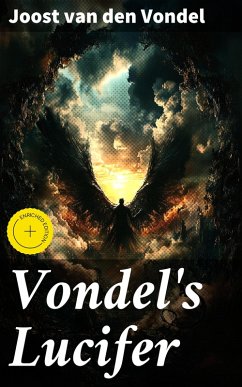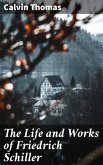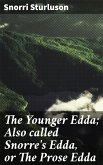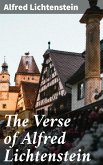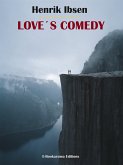In "Vondel's Lucifer," Joost van den Vondel presents a striking and evocative reimagining of the biblical narrative of Lucifer's fall from grace. Written in the 17th century, this epic poem stands out for its intricate use of blank verse, rich imagery, and profound philosophical inquiry into themes of free will, ambition, and the nature of evil. Vondel's work reflects the emerging tensions of his time, notably the clash between religious orthodoxy and emerging humanist ideals, making it a pivotal piece in the Dutch Golden Age of literature. Joost van den Vondel, often considered the greatest Dutch poet, was deeply influenced by both classical literature and contemporary thought, including the existential dilemmas posed by Calvinist theology. His experiences in a politically tumultuous Netherlands and exposure to various philosophical and theological discourses shaped his portrayal of Lucifer as a tragic, deeply human figure whose quest for autonomy resonates with broader existential questions about the human condition. Vondel's literary background and intellectual engagements provide a rich context for understanding his nuanced characterizations. "Vondel's Lucifer" is a must-read for those interested in the intersection of literature and theology, as well as the exploration of complex moral themes. Its lyrical beauty and psychological depth make it a compelling work that encourages readers to reflect on their own perceptions of pride, aspiration, and the consequences of defiance. This timeless classic invites both scholarly analysis and personal contemplation, affirming Vondel's enduring relevance in the literary canon.
Dieser Download kann aus rechtlichen Gründen nur mit Rechnungsadresse in A, B, BG, CY, CZ, D, DK, EW, E, FIN, F, GR, H, IRL, I, LT, L, LR, M, NL, PL, P, R, S, SLO, SK ausgeliefert werden.
Hinweis: Dieser Artikel kann nur an eine deutsche Lieferadresse ausgeliefert werden.

